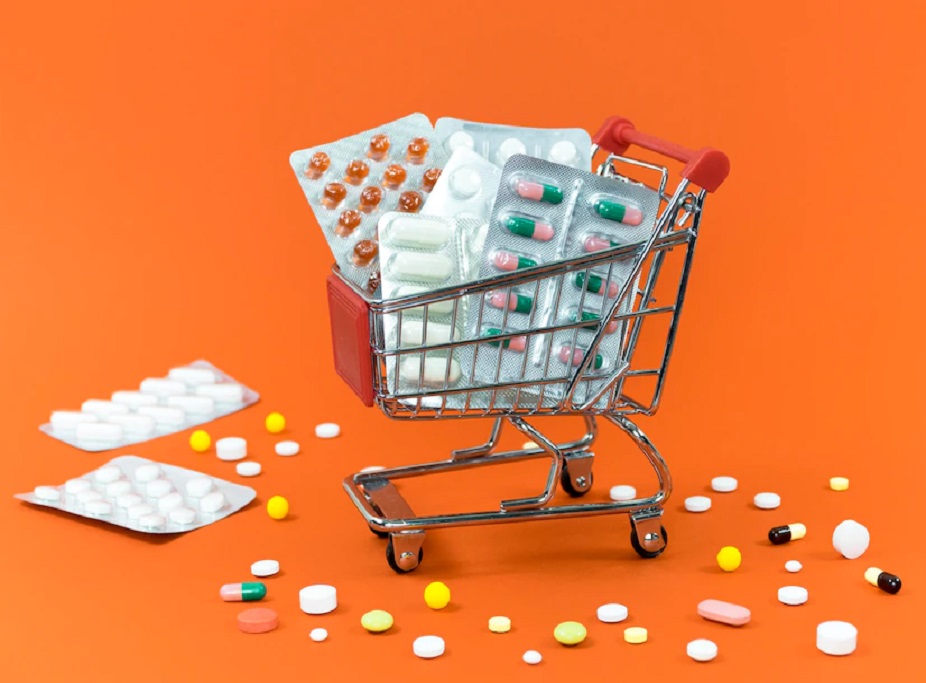In light of the drastic rebate hike prompted by inflation and COVID-driven increases in demand, the U.K. is no longer a viable market for pharmaceutical companies which are increasingly pulling out of its drug price control scheme.
Among the drug makers that are pulling out are AbbVie and Eli Lilly, which announced last week they will leave the U.K.’s “voluntary” drug pricing scheme, which caps government growth in drug spending at 2%.
Meeting the cap requires drug makers to give rebates of 26.5% on 2023 revenues of branded medicines’ sales — on top of existing corporation tax — for companies signed up to the government contract.
Per Politico, “From 2019 to 2022, the tax rate was 9.6 percent, 5.1 percent, and 15 percent. The hike is due to increased spending on innovative branded medicines of 18 percent in 2022, compared with just 3 percent growth in spending on generics and biosimilars.”
As Todd Manning, AbbVie General Manager U.K., said, “Levy rates close to 27% of revenue are not seen in any comparable country and they have a demonstrable impact on our ability to operate sustainably in the U.K.”
The Wall Street Journal Editorial Board sees this as “a lesson from Europe for America on how price controls reduce access to treatments and cures.”
According to them, “about 85% of new medicines launched between 2012 and 2021 were available in the U.S., compared to 61% in Germany, 59% in the U.K., and 52% in France and Italy.” says the WSJ Editorial Board.
WSJ explains that drug price controls also cause serious harm to R&D as drug makers cite price controls when they pull products and research operations from Europe.
Per Laura Steele, Eli Lilly’s President and General Manager for Northern Europe, “the current scheme has harmed innovation, with costs spiraling out of control, and the UK falling behind other major countries to be left as a global outlier,” stressing that they simply “cannot stay signed up to a scheme which has such a punishing impact on innovation.”
As price controls threaten to drive drug companies from the U.S., too, the WSJ warns that “the U.S. has drawn more pharmaceutical investment amid Europe’s war on drug makers, but this may not continue.”
!["[...] Price controls reduce access to treatments and cures.” — The Wall Street Journal Editorial Board](https://bionews2120.wpengine.com/wp-content/archives/uploads/2023/01/Antibiotics-1-650x479.jpg)
China challenges U.S. dominance in R&D
As the report published in December by Vital Transformation (with support from Biotechnology Innovation Organization — BIO) showed, the United States may still dominate biopharma R&D being solely responsible for 61% of medicines approved by the Food and Drug Administration (FDA) between 2011-2020.
But now, that dominance is seriously challenged by “venture-backed biopharmaceutical startups in Asia — predominantly driven by China — now equal the annual total of the U.S., with 93 startups.”
Data showed that “Europe was relatively flat, with 44 biopharma startups.”
“The U.S. biopharmaceutical industry is the world leader when it comes to bringing new cures to patients in the U.S. and other countries. But to maintain that innovation and ensure patients can access these cures, we need policy that encourages R&D and market entry of new drugs,” says BIO Chief Policy Officer John Murphy.




